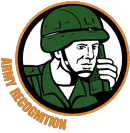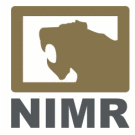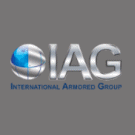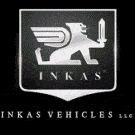| a | |||
Defence & Security News - United States |
|||
| Tuesday, November 4, 2014 03:24 PM | |||
| Commander of U.S. European Command asks to increase U.S. rotational forces in Eastern Europe. | |||
The
top U.S. general in Europe wants to increase U.S. rotational forces in
Eastern Europe and stockpile more military equipment across the continent
in response to continued agressive moves by the Russian military. |
|||
Air Force Gen. Philip
Breedlove spoke to reporters at the Pentagon on Monday after a spate
of tense confrontations involving Russian military aircraft flying in
unusually large formations in the airspace of America’s European
allies. In October, the U.S. Army deployed 600 U.S. soldiers from the 1st Cavalry Division at Fort Hood, Texas, on a 90-day mission to Eastern Europe. The soldiers are training with M-1 Abrams tanks and Bradley Infantry Fighting Vehicles in Poland, Latvia, Lithuania and Estonia, which Breedlove described as “a first for many of these countries.” About 68,000 U.S. troops are now in Europe, down from a Cold War-era peak of more than 350,000 in the 1980s. Breedlove said the
current size of the permanent U.S force in Europe is “just right,”
but he added that EUCOM will need to supplement that with “an
increase in rotational presence” of forces from garrisons back
home, including possibly reserve forces. |
|||
Commander of U.S. European Command asks to increase U.S. rotational forces in Eastern Europe 0411144
- Posted On














